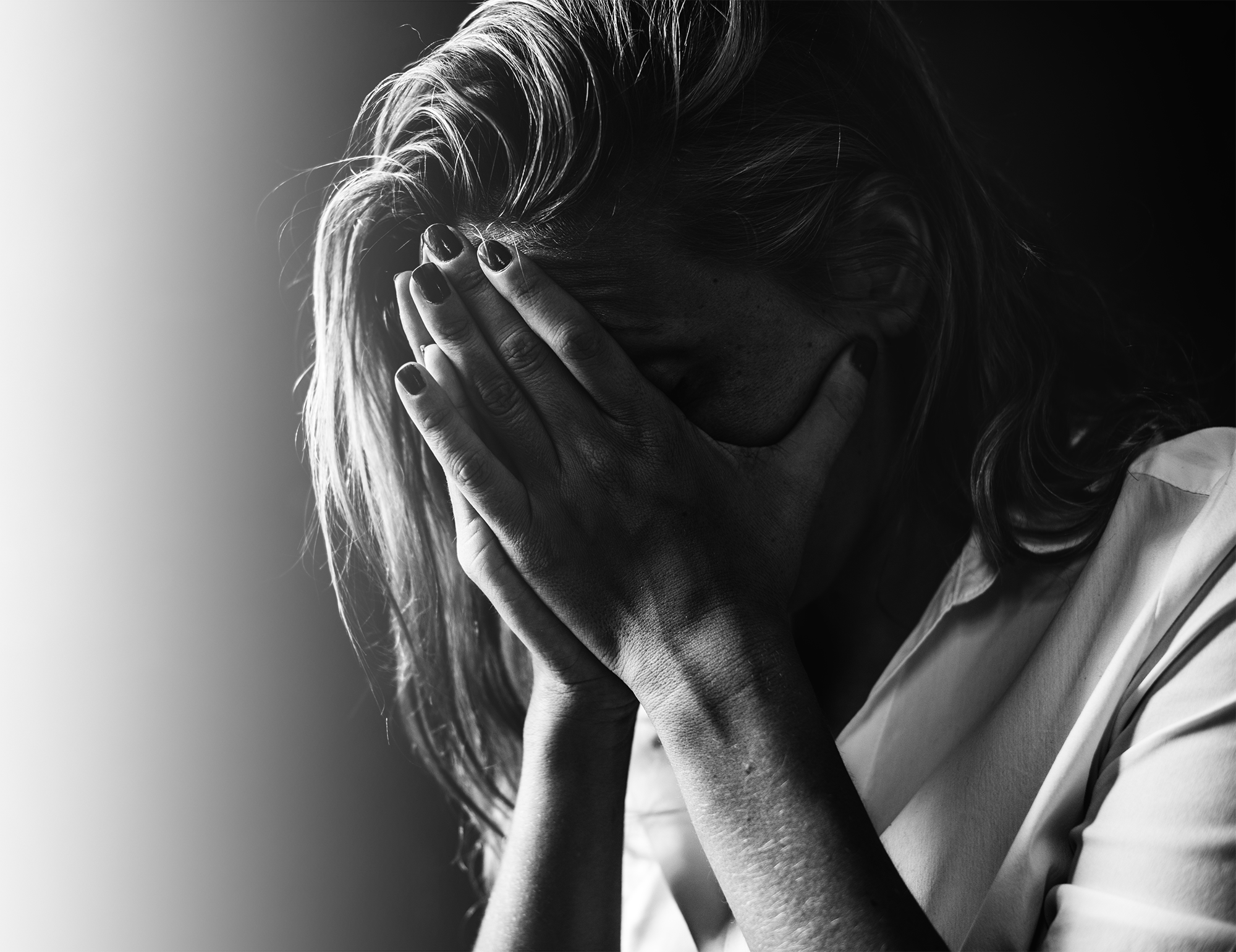Klonopin in Boston MA
In Boston, drug rehab and emergency room admissions for Klonopin have been on the rise in the past few years. While comparatively safe compared to other prescription drugs, Klonopin and other benzodiazepines can have lethal interactions with alcohol and opioids. Unfortunately, deaths due to such misuse have also increased in the past decade.
For information on drug addiction treatment options, contact Boston Drug Treatment Centers at (857) 577-8193.
Why Klonopin is Addictive
All benzodiazepine drugs have a significant risk of tolerance and addiction. However, Klonopin is considered among the most addictive. Compared to other widely available benzodiazepine drugs, Klonopin is quick-acting and can stay in the body for a relatively longer time — about three days. This raises its potential for physical dependence when it’s misused.
Additionally, tolerance to Klonopin and other benzodiazepines can build up very quickly. It may start having less of an effect after a few days of regular use. This may cause the user to continuously take more to control anxiety symptoms or reach euphoria.
Another reason for the relatively high risk of Klonopin addiction is the relative ease of access compared to other medications. Benzodiazepine class drugs are among the most prescribed in America today and are a standard type of medication for anxiety and sleep disorders. This means that unauthorized or fraudulent access to Klonopin and other benzodiazepine drugs is extremely easy. This situation opens up more opportunities for continued misuse.
The use of Klonopin and other benzodiazepines
In most cases, clonazepam is prescribed by physicians to treat panic disorders and anxiety. It is also used to treat sleep disorders and epileptic seizures. Off-label, it is sometimes used as pain relief medication, particularly for certain types of muscle pain. Additionally, clonazepam is also prescribed for bipolar disorder, restless leg syndrome, schizophrenia, and dysarthria.
Clonazepam is not the only CNS depressant that is prescribed for similar disorders. Broadly speaking, most benzodiazepine drugs can be substituted for each other, with the main difference being the speed of onset and the duration of the effect.
Some prescription drugs that are similar to clonazepam include:
- Tranxene
- Xanax
- Dalmane
- Valium
- Ativan

Signs of Klonopin use disorder
The regular use of clonazepam/Klonopin can lead to dependence or addiction, which is more accurately described as substance use disorder (SUD). A Klonopin use disorder is chiefly characterized by a desire to find and use Klonopin and other similar substances. A benzodiazepine or Klonopin use disorder will often come with a predictable set of symptoms.
Some of the signs of a Klonopin use disorder include:
- Mood swings
- Sluggishness
- Inactivity
- Lack of interest in hobbies and responsibilities
- Low libido
- Salivation
- Dizziness
- “Doctor shopping”
- Sourcing Klonopin on the black market
- Suicidal thoughts
- Depression
- Habitually misusing Klonopin and other benzodiazepine drugs
- Rapid heartbeat
- Tingling or numbness
- Arrhythmia (heart palpitations)
Symptoms of Klonopin withdrawal
Following the development of a Klonopin use disorder/addiction, an individual may experience serious withdrawal symptoms if they suddenly quit using benzodiazepines without gradually lowering their dose.
The long-term use of some substances can cause changes to the natural production of neurotransmitters and hormones in the body as it becomes more reliant on the drug. Ceasing use of the drug at this point tends to create a drastic change in the body’s chemical balance. This, in turn, leads to unpleasant withdrawal symptoms.
Withdrawal from Klonopin often includes the following symptoms:
- Diarrhea
- Panic attacks
- Vomiting
- Depression
- Breathing troubles
- Nausea
- Aches and pains
- Anxiety
- Tremors
If you or someone you know is experiencing several of these symptoms, call 911 or other emergency hotline immediately.
Klonopin use disorder treatment
The first step in the treatment of Klonopin use disorder is usually withdrawal management or a medically-supervised detox. Quitting Klonopin and other benzodiazepines “cold turkey” or through a “self-detox” is not only extremely uncomfortable but potentially lethal as well. In addition, unsupervised withdrawal from benzodiazepines tends to have poor long-term outcomes.
Medical detox is the best method to overcome use disorders related to Klonopin and other benzodiazepine drugs. Qualified clinicians will oversee the detox process, treating withdrawal symptoms as necessary to maintain health and comfort, and to help make the process gradual rather than sudden.
Following detox, the recovering individual will still need to deal with lingering cravings, as it takes time for their body to normalize the production of different hormones and neurotransmitters. If cravings are especially strong, counseling and therapy at a residential or intensive outpatient rehab program may be required to prevent relapse and allow the individual to better cope throughout the recovery process.
Severe substance use disorders can cause serious changes to the brain, which may take years of therapy to manage. For this reason, recovering individuals may opt to join aftercare programs post-rehab for managing cravings. Alternative therapy treatments are also available which may work for some individuals. Art therapy, music therapy, and restorative yoga are just some of the supplemental treatments that have shown promise for improving long-term recovery.
Given time, proper trigger management, and regular therapy, virtually anyone with a Klonopin use disorder can recover live a drug-free life.
Find help for Klonopin misuse in Boston
The misuse of clonazepam and other prescription medication is a serious problem in Boston today. However, with proper understanding and knowledge, they are entirely treatable and can be overcome. Call Boston Drug Rehab Treatment Centers at (857) 577-8193 for help finding addiction treatment centers and support options now
